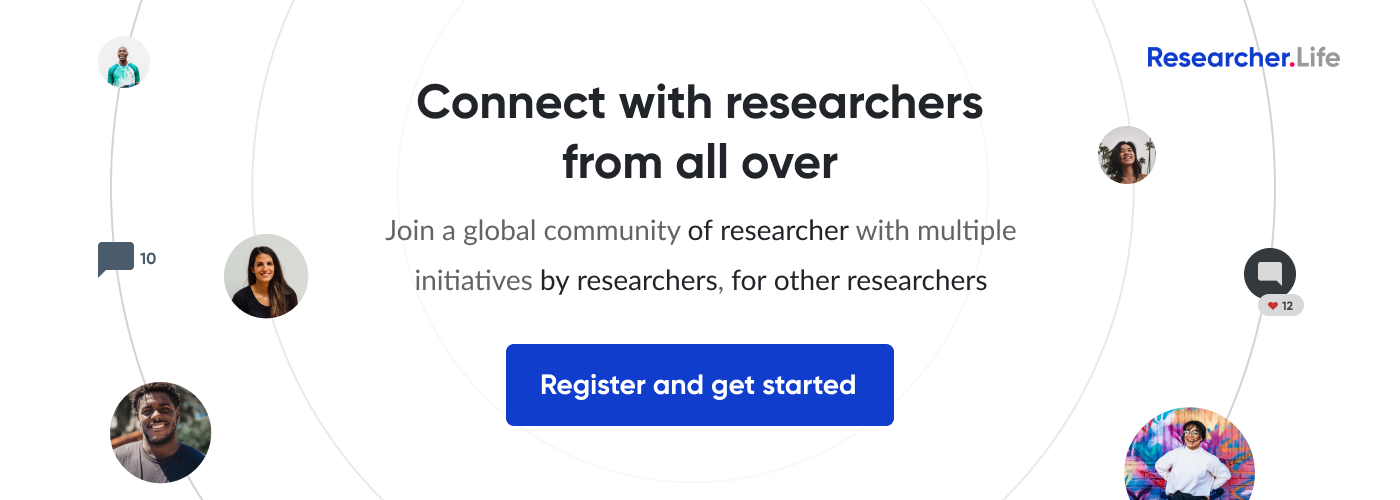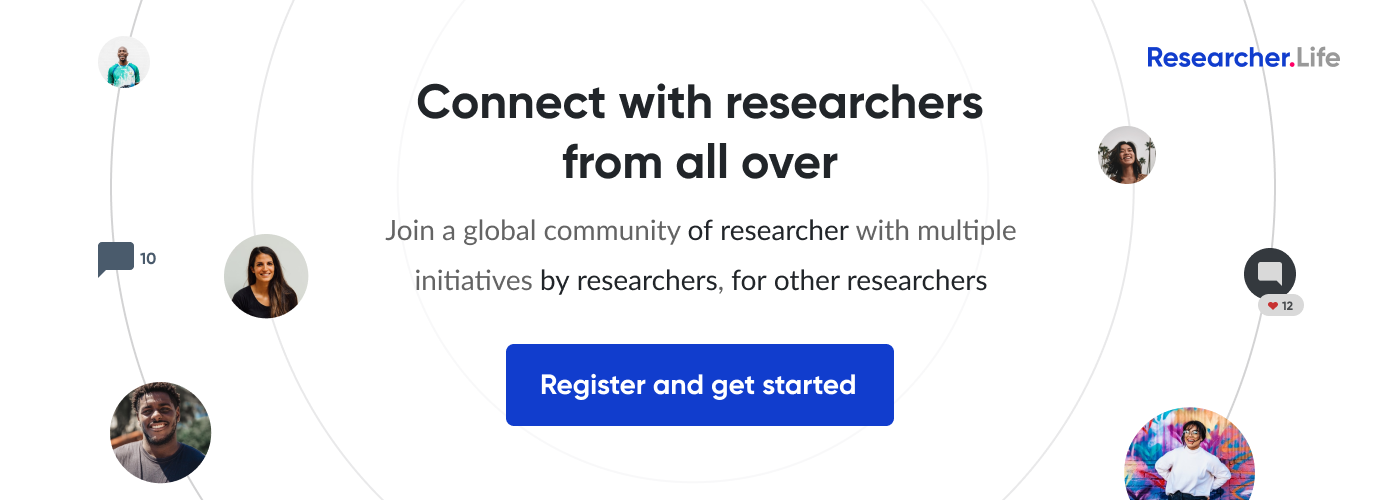Unclear information about APC leads to simultaneous submission: A case study

Case: A Chinese author approached our publication support department to help him find a suitable journal for his paper. He made it clear at the outset that he would want a journal that did not charge a publication fee or article processing charges (APCs). During his interaction with our publication support expert, it came to light that he had submitted his paper to a Chinese journal earlier and his paper had been accepted. The journal had informed him of the article processing charges only after acceptance, and these charges turned out to be much higher than what he had anticipated. The journal website had mentioned that an APC would be applicable, but had not mentioned the exact amount. The author requested the journal to waive off the APC, but the journal did not agree. The author did not pay the charges, nor did he withdraw his paper from the journal, but decided to submit his paper to a new journal, this time, an international English language journal. He assumed that if he did not pay the APC, the journal would not publish his paper. Consequently, there would not be any allegations of duplicate publication, and he could safely publish his paper in another journal.
Action: We explained to the author that it was unethical to submit to another journal without first withdrawing his paper from the Chinese journal. We explained that even concurrent or simultaneous submission was unethical. He could submit his paper to another journal only after he received a confirmation of withdrawal from the first journal. Additionally, it was against publication best practices to withdraw a paper after it had been accepted. We recommended that he should try publishing in the Chinese journal if possible, as his paper was already accepted. We informed the author that often, APCs are borne by the author’s institution. We asked him to inquire whether his institution was willing to pay the APC required by the Chinese journal. The author found out that the institution was willing to pay part of the amount. We then asked the author to write to the Chinese journal and ask whether they could offer a discount on the APC. We helped him draft the email convincingly, stating the problem and explaining the author’s inability to pay the entire amount. We also explained in the email that in case the APC was not reduced, the author would have to withdraw the paper. The journal replied offering a discounted rate which was slightly more than the amount the author’s institution had agreed to pay. The author could pay the balance amount, and the paper was processed for publication.
Meanwhile, since the author had already translated the paper into English and the research was targeted at a wider audience, we suggested that he should try to publish the English version as a secondary publication. This could be done by informing the editors of both the Chinese journal and the English journal and by citing the Chinese paper in the English one. Once the article was published in the Chinese journal, we helped the author find a suitable English language journal and his paper was eventually published in English as a secondary publication.
Summary: While the traditional subscription based publication model levies a fee on readers to recover the costs of the publication process, the open access model sometimes uses an article-processing charge or publication fee which is charged to authors to cover the costs of publication. This fee is usually paid by an author's institution or research funder rather than the authors themselves. It may be waived off in in cases of financial constraints.
Most international English language journals have clear guidelines about article processing charges. For instance, Springer has a section dedicated to frequently asked questions about article-processing charges that provides details about why Springer journal have this charge, what it pays for, the exact amount for each of its journals, whether charges can be waived off, etc. All reputed publishers such as BioMed Central, PLOS, Nature, Science, etc., provide clear and specific information about article processing charges on their website. Regional journals should also ensure that they provide detailed information about APC on their website so that it is easily comprehensible to authors.
Authors often unintentionally resort to unethical practices due to their ignorance of publication ethics. Authors should educate themselves about academic publishing, its norms, and ethics before they plan to write and publish a paper. They should also go through the instructions for authors section of their target journal very carefully and write to the editor before submission in case they need any clarifications.
Published on: Sep 29, 2015
Comments
You're looking to give wings to your academic career and publication journey. We like that!
Why don't we give you complete access! Create a free account and get unlimited access to all resources & a vibrant researcher community.

Subscribe to Journal Submission & Peer Review












